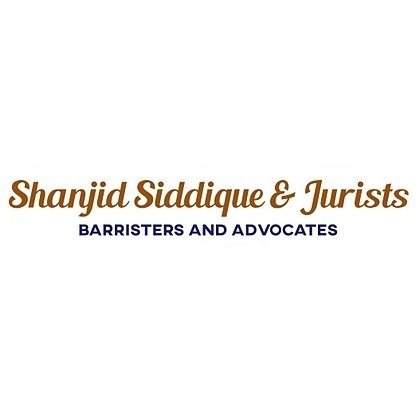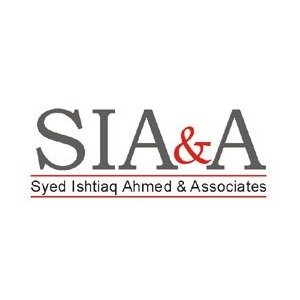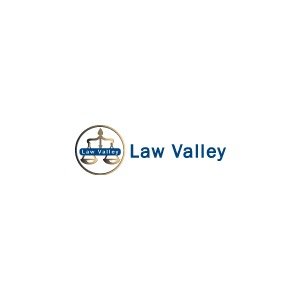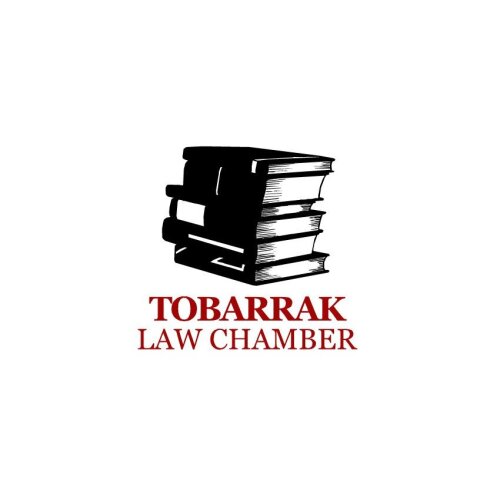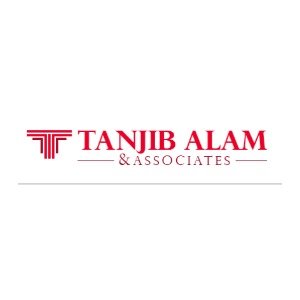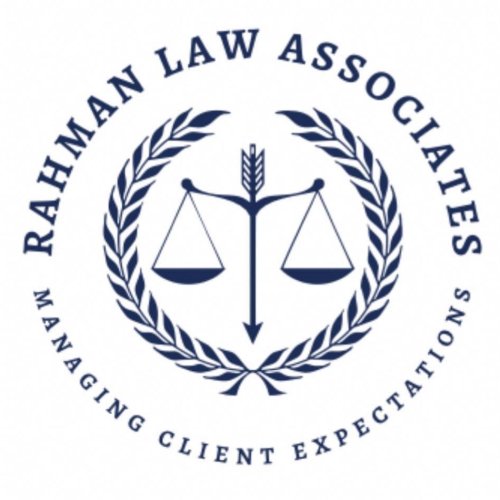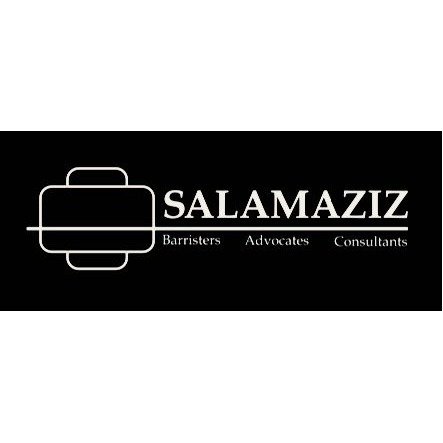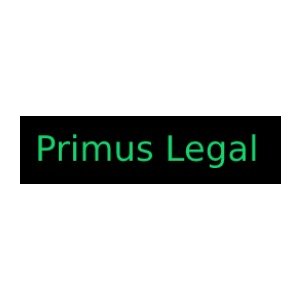Best Water Law Lawyers in Dhaka
Share your needs with us, get contacted by law firms.
Free. Takes 2 min.
List of the best lawyers in Dhaka, Bangladesh
About Water Law in Dhaka, Bangladesh
Water law in Dhaka, Bangladesh, encompasses the legal rules and principles governing the management, use, distribution, and conservation of water resources. Given Dhaka's dense population, rapid urban growth, and the presence of major rivers such as the Buriganga, Turag, and Shitalakshya, water law plays a critical role in regulating water supply, access rights, pollution control, and environmental conservation. Laws are designed to ensure fair and equitable access to water, prevent and resolve disputes, mitigate pollution, and protect public health. Key government bodies such as the Department of Environment and the Bangladesh Water Development Board administer these laws to achieve sustainable water resource management and compliance with both national policies and international obligations.
Why You May Need a Lawyer
There are various situations where the expertise of a legal professional specializing in water law can be essential in Dhaka:
- Resolving disputes over water usage rights between property owners, businesses, or communities
- Handling cases related to water pollution caused by industrial activities or municipal waste
- Dealing with denial or revocation of licenses or permits related to groundwater extraction or water supply connections
- Navigating claims of waterborne diseases linked to contamination or unsafe water provision
- Addressing issues of illegal water extraction or encroachment on rivers, canals, or wetlands
- Ensuring business compliance with water regulations for factories or commercial establishments
- Assistance for NGOs or citizens challenging unlawful government or private actions affecting water resources
- Supporting urban development and construction projects that may impact local water bodies
Local Laws Overview
Water law in Dhaka is guided by a combination of statutory laws, regulations, and customary practices. The most significant legal instruments include the Bangladesh Water Act, 2013, which provides a framework for protecting, conserving, and developing water resources. Under this Act, the National Water Resources Council and the Water Resources Planning Organization coordinate the management of water resources. Other relevant laws include the Water Supply and Sewerage Authority Act, the Environment Conservation Act, and several regulations addressing groundwater extraction, river encroachment, and water pollution control. Authorities such as the Dhaka Water Supply and Sewerage Authority (DWASA) oversee water supply and sanitation in the city. Additionally, environmental clearance is mandatory for activities that may impact surface or groundwater bodies.
Frequently Asked Questions
What is considered a violation of water law in Dhaka?
Common violations include illegal groundwater extraction, pollution of water bodies with industrial or domestic waste, unauthorized encroachment on rivers or canals, and unlicensed use of public water resources.
Who regulates water supply and quality in Dhaka?
The Dhaka Water Supply and Sewerage Authority (DWASA) is responsible for water supply and sanitation for city residents, while the Department of Environment oversees water quality and pollution control.
Is a license required to extract groundwater in Dhaka?
Yes, commercial use or large-scale extraction of groundwater requires permission or licensing from relevant authorities such as DWASA or the Bangladesh Water Development Board.
How are disputes between neighbors over water access resolved?
Disputes are generally resolved through local government intervention, mediation, or, if needed, litigation in the courts. Legal advice early in the process is recommended.
What steps should be taken if water contamination is suspected?
Affected individuals should report immediately to DWASA, the Department of Environment, or local authorities and may seek legal recourse if action is not taken or health is endangered.
Can businesses be penalized for discharging pollutants into rivers?
Yes, businesses can face penalties, shutdowns, and even imprisonment under environmental and water laws if found responsible for water pollution.
Are there laws preventing river encroachment in Dhaka?
Clear laws and regulations prohibit the illegal occupation or construction along riverbanks, with violators subject to fines, demolition of structures, and legal action.
What legal protection exists for wetlands and natural water bodies?
National wetland conservation policies and the Environment Conservation Act protect wetlands and natural water bodies from illegal usage and destruction.
How does the law address water scarcity and equitable distribution?
The Bangladesh Water Act and related regulations mandate priority of usage (such as for drinking, agriculture, and industry) and empower authorities to allocate water during shortages based on social need.
Can NGOs or community groups take legal action for public interest in water matters?
Yes, NGOs or citizens may file public interest litigation to enforce water laws, protect public health, and safeguard environmental interests in court.
Additional Resources
Those seeking further information or assistance can contact:
- Department of Environment (DoE), Ministry of Environment, Forest and Climate Change
- Bangladesh Water Development Board (BWDB)
- Dhaka Water Supply and Sewerage Authority (DWASA)
- Water Resources Planning Organization (WARPO)
- National River Conservation Commission (NRCC)
- Bangladesh Environmental Lawyers Association (BELA)
Next Steps
If you need legal assistance related to water law in Dhaka:
- Document your concern, including dates, locations, and any communications or actions already taken
- Identify and approach a qualified lawyer or law firm with experience in water law and environmental matters
- Contact relevant local authorities or agencies if your issue involves regulatory compliance or public health concerns
- Consider alternative dispute resolution such as mediation before resorting to litigation, especially for neighborhood or community disputes
- Prepare all necessary documentation and be ready to provide clear information to your legal counsel
- Stay informed about relevant laws, agency procedures, and timelines to ensure your rights and interests are protected throughout the process
By taking these steps, you can work toward a resolution that is both legally sound and beneficial for you and your community.
Lawzana helps you find the best lawyers and law firms in Dhaka through a curated and pre-screened list of qualified legal professionals. Our platform offers rankings and detailed profiles of attorneys and law firms, allowing you to compare based on practice areas, including Water Law, experience, and client feedback.
Each profile includes a description of the firm's areas of practice, client reviews, team members and partners, year of establishment, spoken languages, office locations, contact information, social media presence, and any published articles or resources. Most firms on our platform speak English and are experienced in both local and international legal matters.
Get a quote from top-rated law firms in Dhaka, Bangladesh — quickly, securely, and without unnecessary hassle.
Disclaimer:
The information provided on this page is for general informational purposes only and does not constitute legal advice. While we strive to ensure the accuracy and relevance of the content, legal information may change over time, and interpretations of the law can vary. You should always consult with a qualified legal professional for advice specific to your situation.
We disclaim all liability for actions taken or not taken based on the content of this page. If you believe any information is incorrect or outdated, please contact us, and we will review and update it where appropriate.




